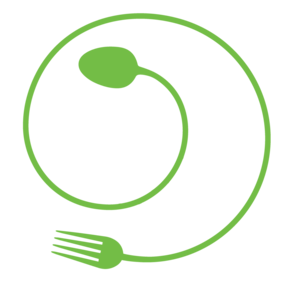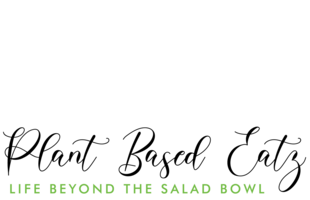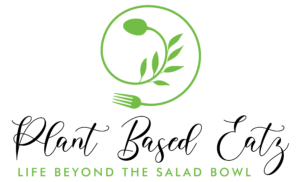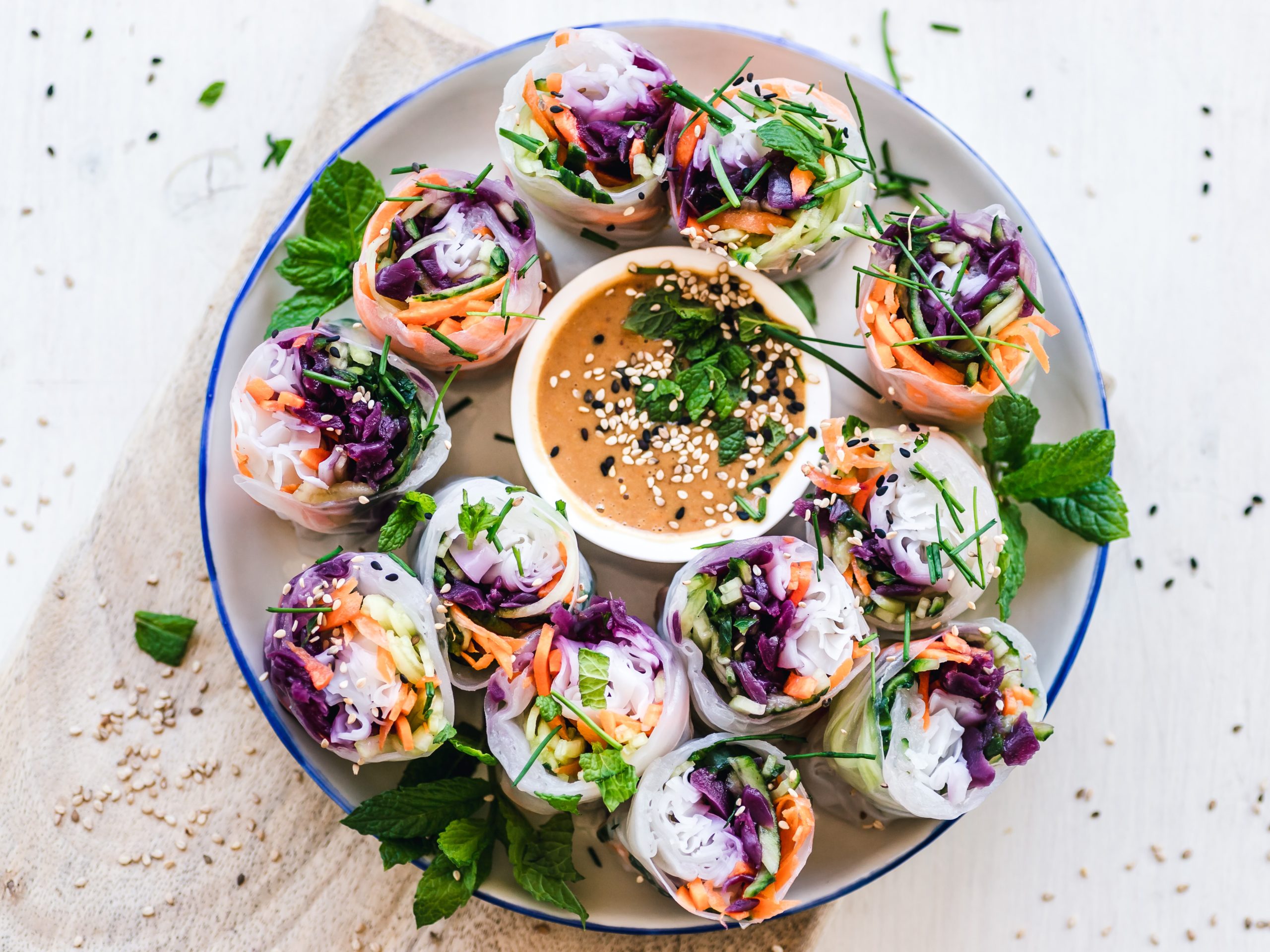There are a lot of myths and fallacies when it comes to information that’s being disseminated concerning a vegan/plant-based lifestyle. As a person that has been vegan for the past 12 years, I am here to tell you that living free of animal-based products and meat has been life-changing. I went into veganism for health and athletic performance. I gained amazing results and never looked back. This worked for me. It may or may not work for you; however, I want to make sure that you all are equipped with the knowledge to help you make informed decisions. As a nutritionist, I have to do my due diligence to inform the masses. Let’s get into it…
Veganism is a lifestyle and dietary choice that has become increasingly popular in recent years, with more and more people opting for a plant-based lifestyle. However, despite the many benefits associated with veganism, there are still many myths and misconceptions surrounding vegan diets and potential nutrient deficiencies. In this blog post, I will debunk some of the most common myths about veganism and provide evidence-based information to help you make informed decisions about your dietary choices.
Myth #1: Vegan diets lack protein
Protein is an essential nutrient that plays a critical role in building and repairing tissues, as well as maintaining a healthy immune system. Many people believe that it is difficult to obtain enough protein on a vegan diet, but this is simply not true. There are many plant-based sources of protein, including beans, lentils, tofu, tempeh, nuts, and seeds. In fact, many plant-based foods are high in protein and can easily meet the recommended daily intake.
Myth #2: Vegan diets are deficient in calcium
Calcium is essential for strong bones and teeth, and many people believe that vegan diets are deficient in this nutrient. However, there are many plant-based sources of calcium, including leafy greens like kale, collard greens, and spinach, as well as fortified plant milk, tofu, and almonds. A well-planned vegan diet can easily meet the recommended daily intake of calcium. For more information see my post: Top 10 Vegan Sources of Calcium
Myth #3: Vegan diets lack vitamin B12
Vitamin B12 is important for maintaining healthy nerve function and producing red blood cells. It is commonly found in animal products, leading many people to believe that vegans are deficient in this nutrient. However, there are many vegan-friendly sources of vitamin B12, including fortified plant milk, breakfast cereals, and nutritional yeast. Additionally, many vegans choose to take vitamin B12 supplements to ensure that they are meeting their daily requirements.
Myth #4: Vegan diets are deficient in iron
Iron is an essential mineral that helps transport oxygen throughout the body. It is commonly found in animal products, leading many people to believe that vegan diets are deficient in this nutrient. However, there are many plant-based sources of iron, including beans, lentils, tofu, dark leafy greens, and fortified cereals. Additionally, consuming vitamin C-rich foods, such as citrus fruits or peppers, can enhance iron absorption.
Myth #5: Vegan diets lack omega-3 fatty acids
Omega-3 fatty acids are essential for maintaining heart health and reducing inflammation in the body. Many people believe that vegan diets are deficient in these nutrients, as they are commonly found in fish and other seafood. However, there are many plant-based sources of omega-3 fatty acids, including chia seeds, flaxseeds, hemp seeds, and walnuts. Additionally, many vegans choose to take omega-3 supplements derived from algae, which is a vegan-friendly source of these essential nutrients.
Veganism or a plant-based lifestyle can provide a healthy and nutritious diet when appropriately planned. Many of the nutrients commonly associated with deficiencies in vegan diets, such as protein, calcium, vitamin B12, iron, and omega-3 fatty acids, can be easily obtained through a well-balanced vegan diet. By educating ourselves and taking a mindful approach to our dietary choices, we can ensure that we are getting all of the essential nutrients our bodies need to thrive.
Until next time,
~Your Neighborhood Health Dealing Nutritionist & Chef~ K



 Stay Hydrated
Stay Hydrated

